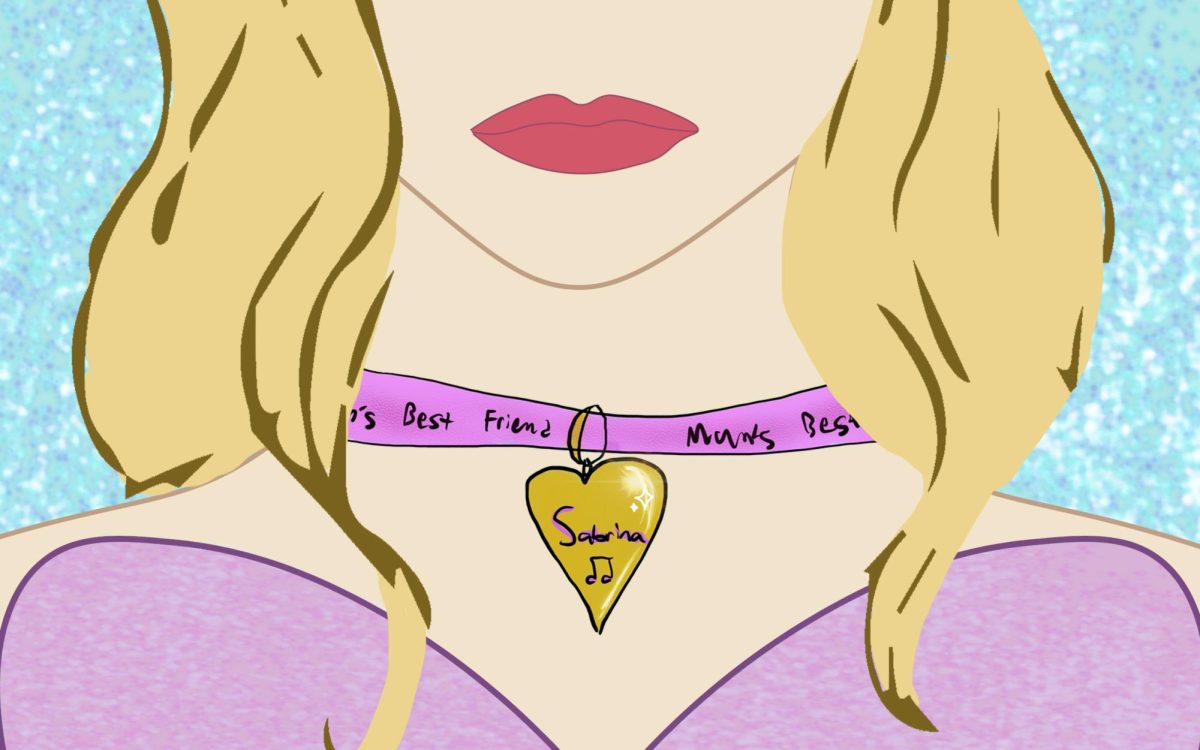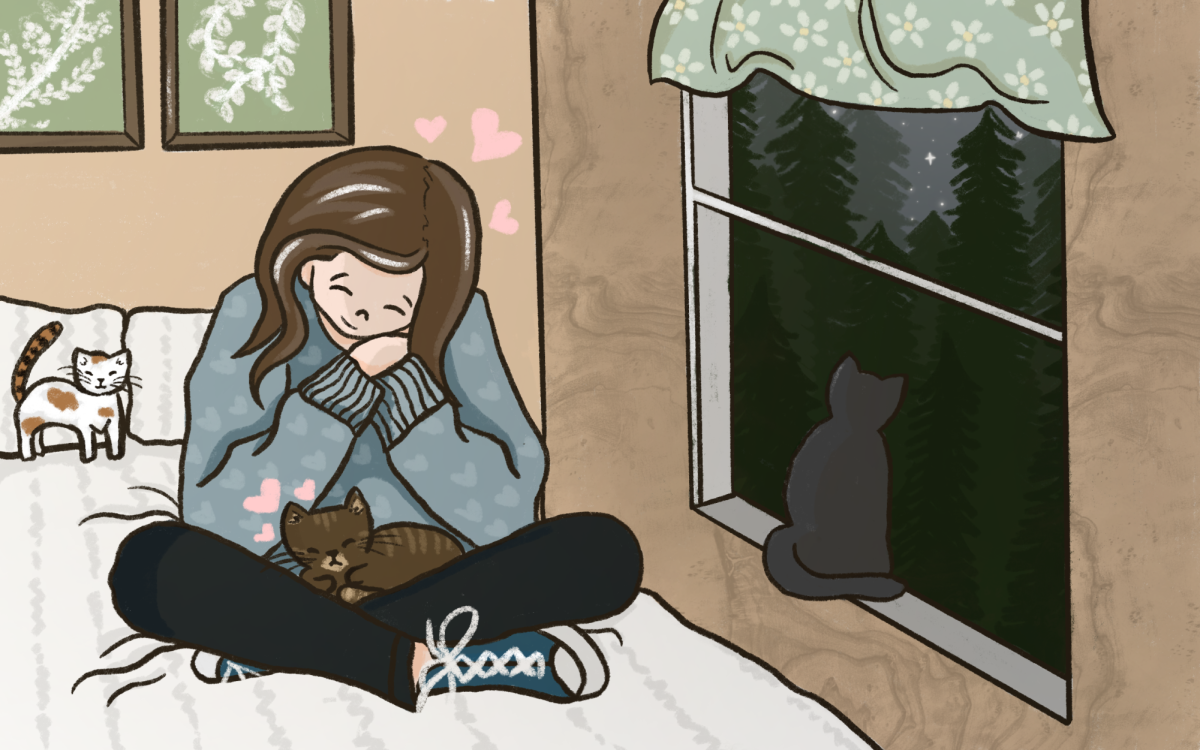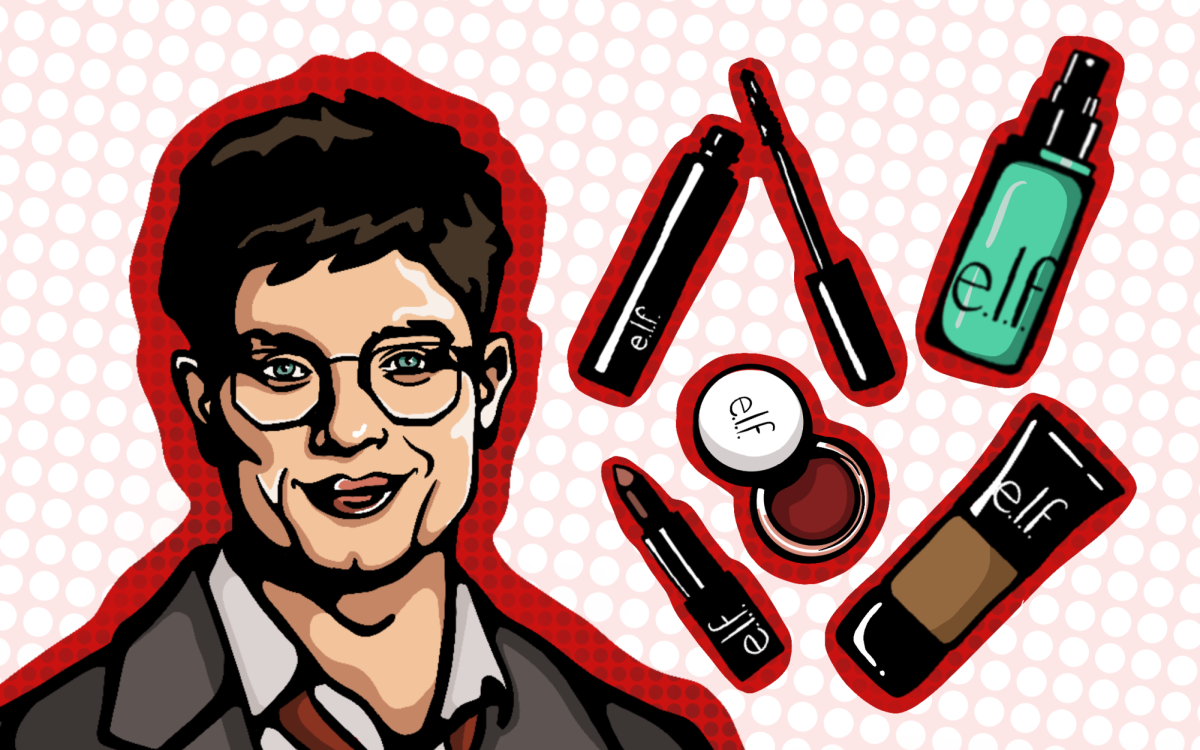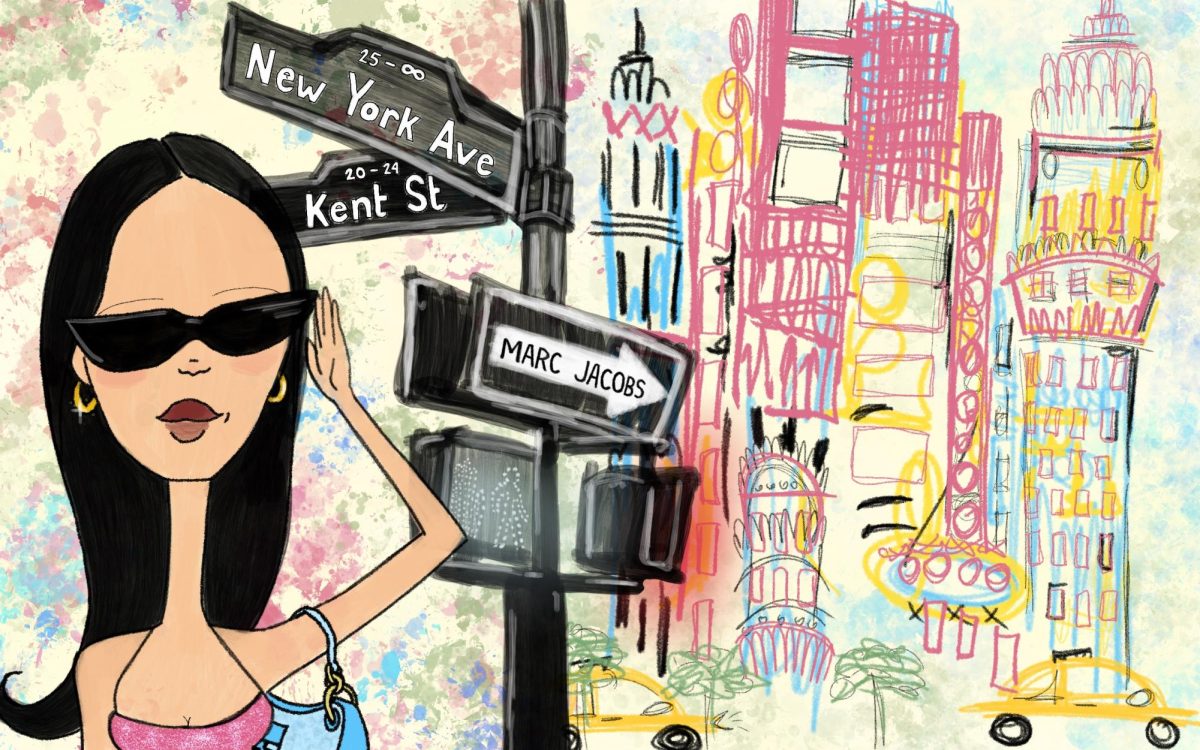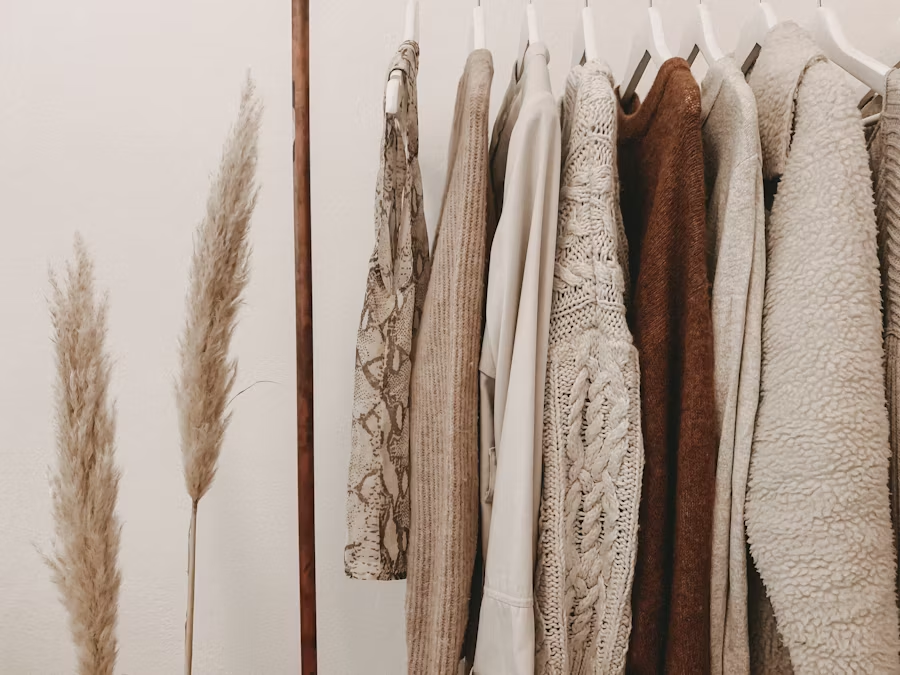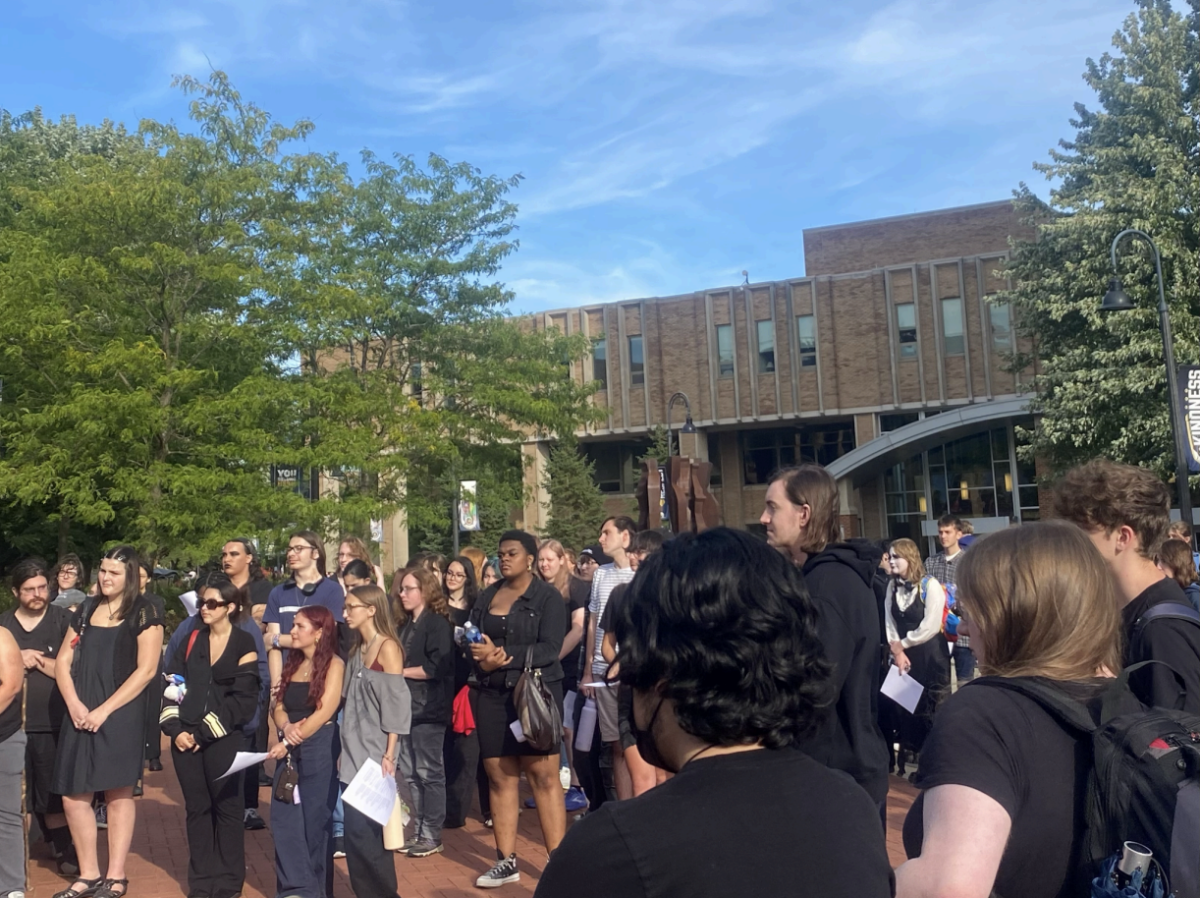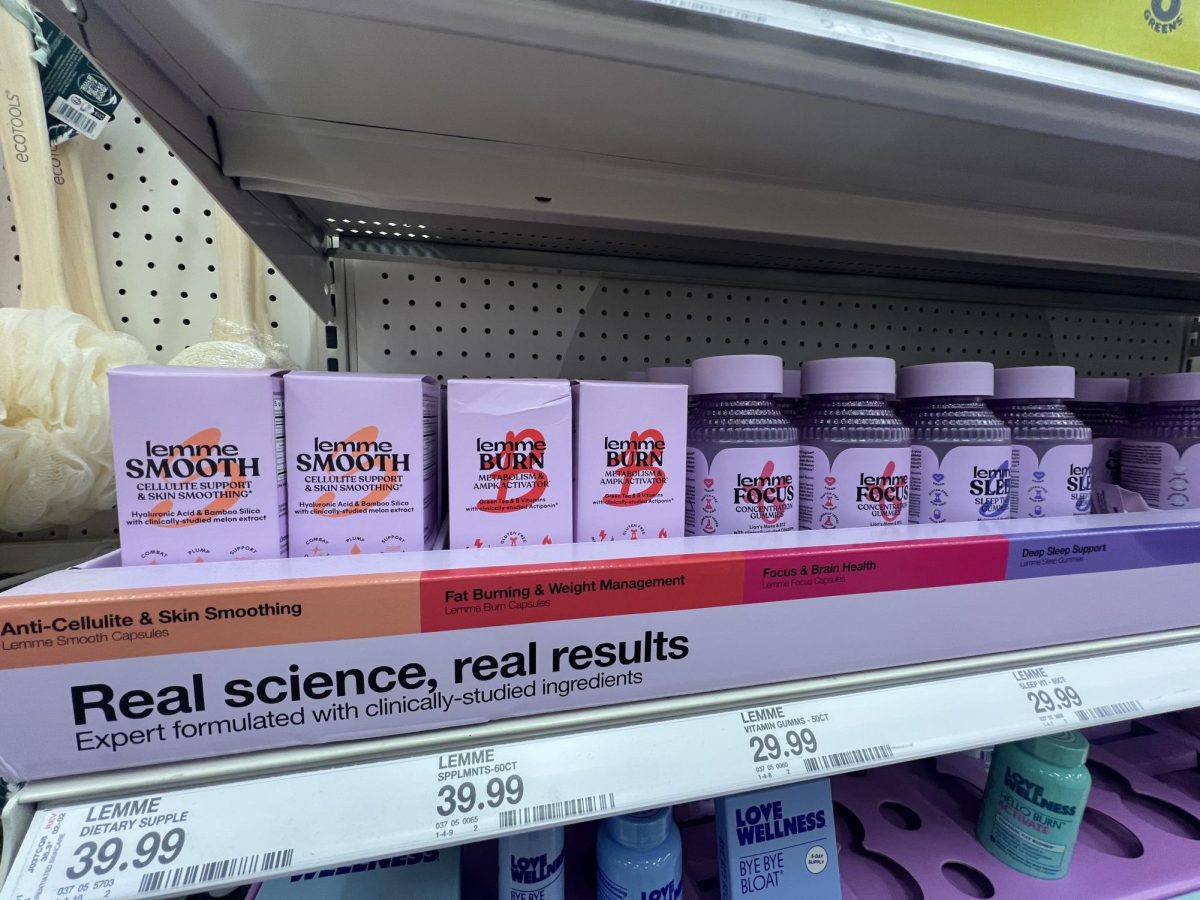I am a hypochondriac. I am 20 years old, I have three little sisters, I love watching TV and I am a lifelong hypochondriac. The first time that I think it became apparent that this was a problem for me was when I was in grade school, visiting my pediatrician. I had been sick with a cold, but I was convinced there was something more to it. One of those days, I had a sharp pain in my foot. It didn’t last for longer than a few seconds, and it could hardly be described as significant enough to mention to my doctor. Yet I had done my research and was fully prepared to present my case: I had been suffering from diabetic nerve pain. The issue? I’m not diabetic.
After the initial shocked laughter that my mother and doctor shared at the expense of my misfortune, I began to explain why I thought this could have been a possibility. I was a smart kid and I knew enough about myself to know that something was off. I explained that I had looked up my symptoms online, and the only logical conclusion was that I had been dealing with one of the ailments of diabetes. When my doctor clarified to me that I did not, in fact, have diabetes, I was frustrated.
I had to have something. The sharp pain in my foot couldn’t have just been an isolated incident, a normal thing the human body experiences, right? Everything has an explanation, and I have always been determined to find it.
When I started watching “Grey’s Anatomy” in middle school, I was already incredibly aware of my hypochondria. I had been suffering from health issues for a long time by that point and was pretty sure that “Grey’s Anatomy” couldn’t have made things any worse. The medical drama is currently on its 20th season and has featured a vast array of abnormal health ailments. My brain was particularly susceptible to believing that I could have some sort of highly rare medical condition. Nothing enables a hypochondriac quite like being right, and I am not the exception.
Hannah Shirey, a senior fashion merchandising major at Kent State University, identifies as a hypochondriac. “I’ve had an instance where I’ve gone in with a really bad thing and they were like ‘Oh no, you’re fine,’ and then I had to get surgery to remove an organ,” she says.
Some people develop hypochondria after a health scare or serious event takes place. For those who have a history of hypochondria, being proven right can actually make things worse sometimes. This can cause people to become hyper-aware of their health, leaving them heavily anxious and on edge.
Even if it isn’t the most logical response, most people tend to suspect the worst when it comes to their health. In a poll hosted on Instagram stories out of 72 people, 85% said that they have looked up their symptoms on the websites WebMD, Quora and Reddit. Out of 65 people, 86% said that using these websites to search about their symptoms has made them more anxious about their health.
“I have panic attacks a lot and a lot of anxiety when I feel any kind of ailments at all,” says Joy Haughland, a fourth-year School Health Education major. “Usually the [healthcare professionals] tell me not to worry about it, and they won’t explain why I’m feeling the way I’m feeling.” When we suspect the worst with our health, healthcare providers tend to pick up on it. This can make it harder to be an advocate for ourselves in an industry where patient advocacy is everything.
I know I am a hypochondriac. I have no problem admitting that. But when I am feeling sick, or I suspect that something is wrong, it can be incredibly frustrating to feel as though doctors are dismissing my fears. Understandably, patience wears thin in the medical field, particularly after the pandemic. But treating people who have hypochondria as less than others is incredibly insensitive and unfair. If someone researches their symptoms and comes prepared to discuss their suspicions with their healthcare provider, I can’t understand why they are being dismissed.
Websites like WebMD, Quora and Reddit have negatively impacted many people’s mental health. They have enabled hypochondriacs and fueled health anxiety, but these websites have also saved lives. Understanding that it is a resource only meant to guide towards a possible solution is key. Knowing what is at stake, most of us should be more conscious of our health and well-being.
I am not someone who believes in letting our fears control us. I love watching “Grey’s Anatomy.” The characters are wonderfully written and the storylines are incredibly interesting. Sometimes it is okay to expose ourselves to things that can scare us. I still look up my symptoms from time to time but am trying hard to lessen the frequency with which I visit these sorts of websites. While I would love to be able to say that acknowledging my own hypochondria has made things easier, nothing much has changed for me. I still have these thoughts and feelings—now I am just able to recognize them.
Support Student Media
Hi! I’m Annie Gleydura, A Magazine’s editor-in-chief. My staff and I are committed to bringing you the most important and entertaining news from the realms of fashion, beauty and culture. We are full-time students and hard-working journalists. While we get support from the student media fee and earned revenue such as advertising, both of those continue to decline. Your generous gift of any amount will help enhance our student experience as we grow into working professionals. Please go here to donate to A Magazine.



